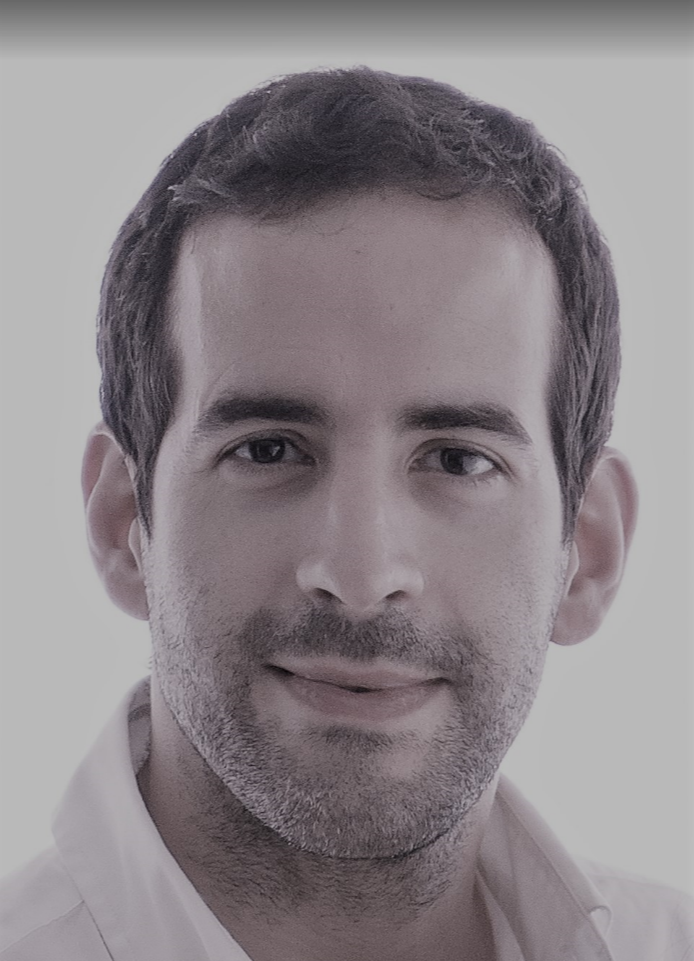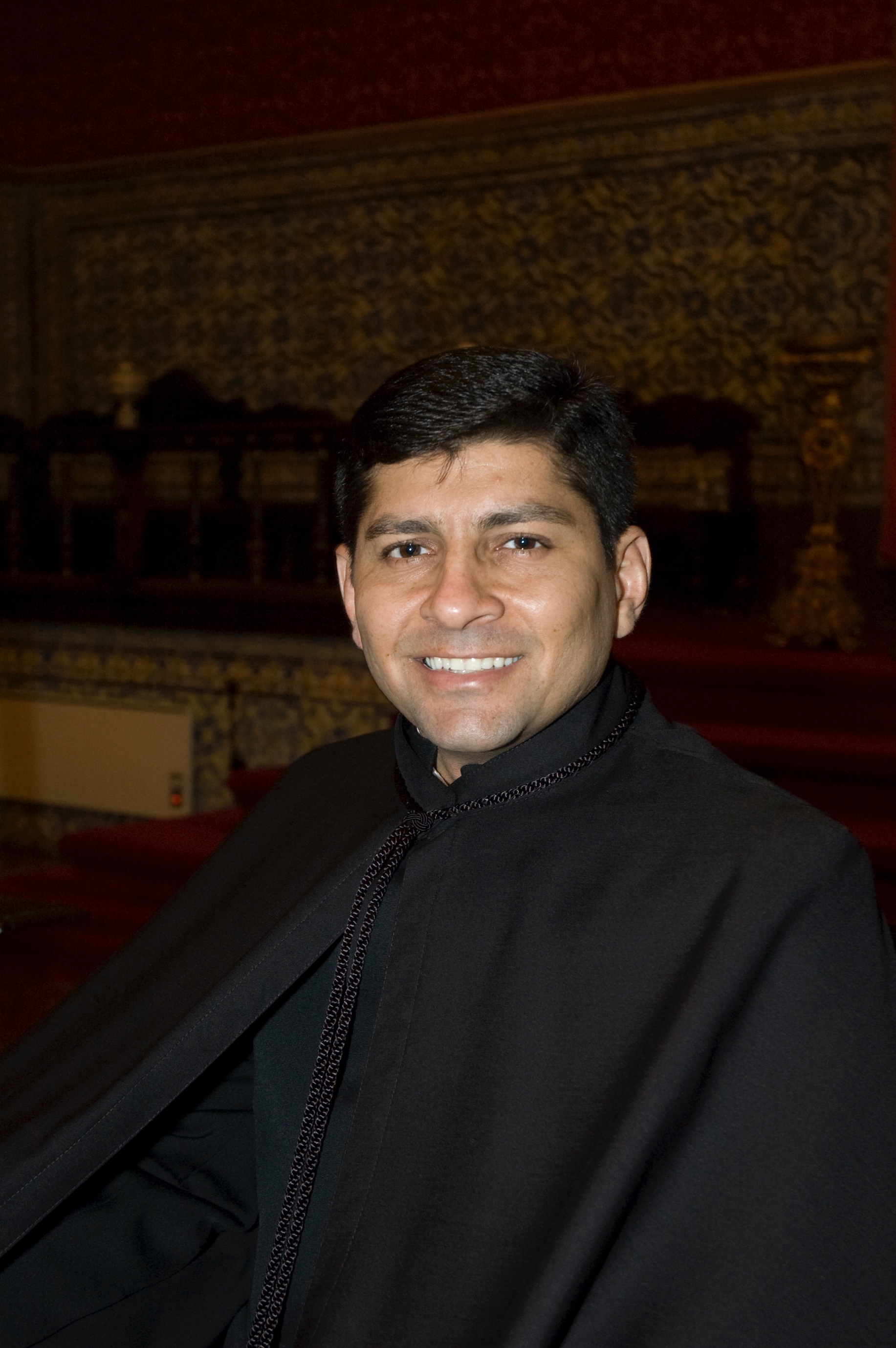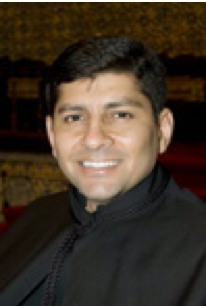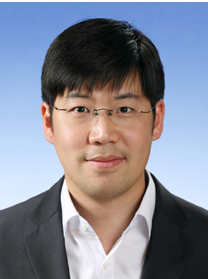Program
The event will be structured in the following way:
| Date: 12th November, 2019 | |
| Time | Action |
| 8:00-9:00 | Registration
|
| 9:00-9:30 | Motivational Speech by Dr. Sérgio Figueiredo entitled "New scenarios for resource slicing and sharing in beyond 5G networks"
|
| 9:30-10:00 | K. Haensge, D. Trossen, S. Robitzsch, M. Boniface and S. Philips, "Cloud-Native 5G Service Delivery Platform"
|
| 10:00-10:30 | F. Meneses, M. Fernandes, T. Vieira, D. Corujo, S. Figueiredo, A. Neto and R. Aguiar, "Traffic-aware Live Migration in Virtualized CPE Scenarios"
|
| 10:30-11:00 | Coffee Break |
| 11:00-11:30 | Motivational Speech by Prof. Dr. Augusto Neto entitled "NECOS Project: Vision towards Deep Cloud Network Slicing"
|
| 11:30-12:00 | J. Aires, P. Duarte, B. Parreira, S. Figueiredo, "Phased-vCDN Orchestration for flexible and efficient usage of 5G edge infrastructures"
|
| 12:00-12:30 | A. Manjeshwar, P. Jha, A. Karandikar, P. Chaporkar, "Enhanced UE Slice Mobility for 5G Multi-RAT Networks" |
Important Dates and Information
| Workshop paper submission: | |
| Acceptance notification: | August 30th |
| Camera-ready papers: | September 20th |
Paper Submission
EDAS Submission link HERE |
Motivational Speeches

Dr. Sergio Figueiredo
Dr. Sérgio Figueiredo is currently a senior engineer at Altran, holding more than 10 years of experience in Telecom R&D. He is leading technical activities in Telecom R&D across internal, national and European proposals and projects. He’s work package leader in national Project Mobilizer 5G. He received his PhD on Mobile Video Multicasting in Heterogeneous Networks in 2015. Before joining Altran, he was a researcher at the Telecommunications and Networking research team of the Telecommunications Institute – Aveiro, actively contributing to 4WARD and MEDIEVAL FP7 Projects. He has more than 15 publications in several conference venues and international journals, having also contributed to IETF groups (DMM, MULTIMOB and PIM). His current research activities span advances in mobile architectures, SDN, NFV, multi-domain edge computing, network slicing and orchestration (MANO), along with the support for advanced multimedia services in mobile networks.
Title: New scenarios for resource slicing and sharing in beyond 5G networks
The disruptive impact that mobile networks and services have had in society is well known; not only they have transformed the way we connect with others or consume and produce contents in real time, they have also dramatically impacted our productivity, enabling us to effectively realize or monitor tasks while on the move (e.g. commuting). The next generation of mobile networks, 5G, goes one step ahead by addressing more than enhanced throughput and latency (although bringing it closer to physics limits). In fact, several stakeholders envision 5G networks will be centerpiece to a revolution throughout all economic sectors, e.g. Manufacturing, Mining or Health, materializing the Internet of Things (ioT) vision and further positioning mobile communications as a de facto General Purpose Technology (GPT).At its core, 5G architecture is greatly influenced by concepts and advances observed in recent years (e.g. NFV, SDN or MEC), as observed by one of its key concepts: Network Slicing. Combined, these present several advantages such as higher efficiency and agility, greatly reduced service deployment time or increased automation – towards an AI- managed network. This speech addresses technical and business potential associated to 5G architecture with emphasis on its Core, and presents some of the R&D topics and technical issues being addressed today in key 5G initiatives and by Altran Portugal in particular.
Prof. Dr. Augusto Neto
Augusto V. Neto is Associate Professor at the Department of Informatics and Applied Mathematics of the UFRN, Natal/RN, Brazil, and member of the Instituto de Telecomunicações, Aveiro, Portugal. He got his PhD in Informatics Engineering from the University of Coimbra, Portugal (2008). He is author and coauthor of many papers published in national/international conference proceedings and journals in the field of computer networks and telecommunications. He is involved in the organization of several international conferences and workshops, as well as serving as Guest Editor for special issues of peer-reviewed scholarly journals. He coordinates and participates in research projects funded by national and international agencies, mainly working with Future Internet, Mobile Computing, Smart Spaces, SDN, NFV and Cloud Computing.
Title: NECOS Project: Lessons learned and Vision towards Deep Cloud Network Slicing
This talk will bring the lessons learned from the Novel Enablers realization, along with visons in deep cloud-network slicing emerging concept, from the perspective of the H2020 Eu-BR project denoted Novel Enablers in Cloud Slicing (NECOS). In light of achieving this, the agenda encloses the main concepts of cloud-network slicing and prospecting opportunities from academy and industry perspectives. Aside that, a list of lessons learned are considered so as to share our experiences and difficulties faced during the project realization to accomplish a list of use cases in end-to-end cloud-network slice-defined infrastructures.

The workshop will be held on the 12th November, 2019, in conjunction with the V IEEE Conference on Network Function Virtualization and Software Defined Networks
Special Issue on Wiley's "Internet Technology Letters"
Improved versions of selected contributions will be invited for possible inclusion in a Special Section of Wiley’s "Internet Technology Letters".
Best Paper Award
Our top quality TPC will sellect a BEST PAPER and present the respective Award Certificate at a ceremony during the workshop session.
Organization
MOBISLICE Workshop Co-chairs:

Daniel Corujo
Universidade de Aveiro and Instituto de Telecomunicações
Portugal

Augusto Neto
Federal University of Rio Grande do Norte
Brazil

Seil Jeon
Huawei Technologies
Sweden
TPC Chairs

Rui L. Aguiar
Universidade de Aveiro and Instituto de Telecomunicações
Portugal
